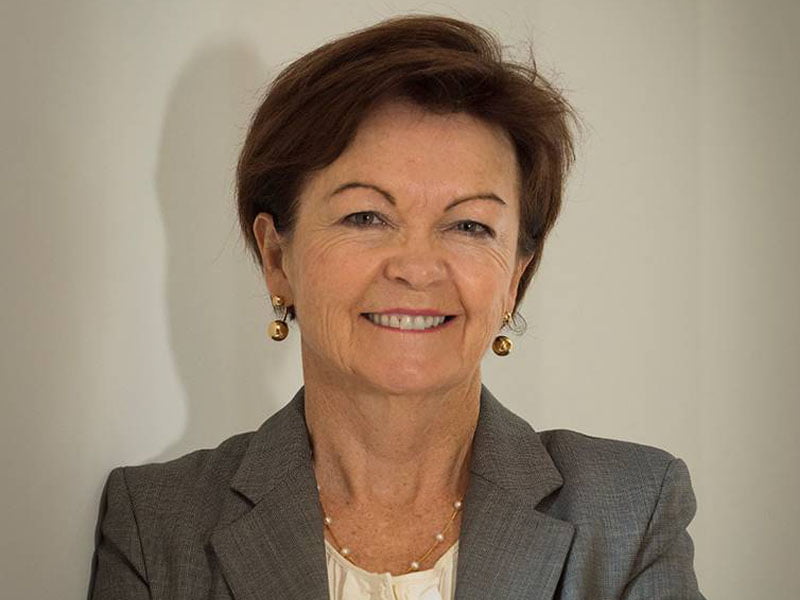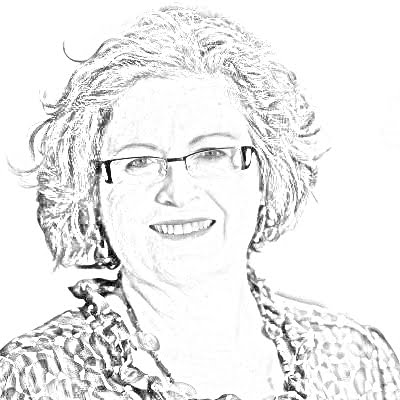Credentialing in problem-solving, communication, emotional judgement and innovation is being touted as a way to smash Australia’s glass and bamboo ceilings, which can hold women and non-Caucasian talent back from the top ranks.
When the Australian Tax Office wanted evidence of an analyst’s problem-solving skills before it was prepared to offer her promotion, it asked her to go through a formal credentialing process which tests people’s capabilities beyond their formal qualifications and experience.
The fact that she had managed a band during maternity leave was proof enough for ATO.

Deakin University vice-chancellor Jane den Hollander has championed the world’s first university-backed credential testing service and says it could help women and non-Caucasian workers find jobs and secure promotions.
The university’s DeakinDigital unit tests capabilities and issues credentials that attest to people’s ability in problem solving, communication – even emotional judgment – while an innovation credential is currently under development.
Speaking at a digital workforce event in Melbourne, Professor den Hollander said credentialing allows women returning to the workforce after raising a family, or people trained overseas to have an independent organisation validate their capabilities.
While formal qualifications and job experience remain important to employers they might not tell the whole story about someone’s potential – especially in ICT and innovation related roles where there is no single career route.
Professor den Hollander said that there was a particularly acute challenge facing “women of colour” that credentialing could help overcome.
ANZ senior manager in the learning management talent and culture area Irene Dietrich agreed noting that; “Credentialing can help break the diversity barrier on talent acquisition because it proves experience, capability.”
DeakinDigital strategic adviser Professor Marcus Bowles was one of the assessors on the ATO employee’s credentialing process.
He said that during the assessment interview she had detailed what had been involved organising rehearsals and concerts, and getting band members where they needed to be when they needed to be there. It clearly demonstrated she could tackle complex problems even though it was in a field different to her work sphere.
“The credential can be more valuable than a qualification,” said Professor Bowles, adding that it was enough to satisfy the ATO and position the employee for promotion.
The ATO, along with NAB and Cisco, is one of the early users of the credentialing service. It has also being embraced by professional organisations including ADMA, and the Institution of Analytics Professionals of Australia which offer it to their members.
Engineers Australia is expected to follow suit in the New Year though to date credentialing discussions with the Australian Computer Society have failed to bear fruit.
The ACS instead offers two levels of certification for its members based on the Skills Framework for the Information Age. Professor Bowles noted however, that certification was only available to paid-up ACS members (there are almost 23,000 members) who represent only a small fraction of the 580,000 people working in Australia in ICT roles.
He said that credentialing in contrast, was open to anyone working in an ICT or innovation role.
The ACS started offering certification in 2008 and around 1,500 people have gone through the process which costs $380 on top of membership.
The organisation describes certification and credentialing as complementary, noting that the “granularity” of credentialing suits the sort of frequent changes that ICT roles may required.
Meanwhile it claims “An ACS professional certification is technology agnostic, recognising transferable skills and competencies. When engaging a Certified Professional you know they are committed to a code of ethics, the primacy of the public interest, and participating in ongoing continuing professional development to ensure their skills and knowledge remain contemporary.”
Deakin’s involvement in the credentialing scheme is not selfless; it clearly hopes to steer people toward its post graduate courses to top up their capabilities in order to achieve a particular credential.
DeakinDigital CEO Simon Hann acknowledged that credentialing was one of the university’s responses to digital disruption impacting the higher education sector. Professor den Hollander was blunter, noting the advent of free online courses, or Moocs (massive open online courses) meant that in tertiary education “Disruption was everywhere, the ocean had gone red,” and universities had to reinvent themselves.
Mr Hann said DeakinDigital is agnostic about where candidates boost their skills when it comes to assessing their credentials noting; “It’s not meant to be mercenary in linking to Deakin – but it is commercial.”
For example, in May the University announced a Masters of Financial Planning course specifically intended to boost bank staff capabilities so that they could meet the government’s new requirements, established in the wake of the recent financial planning scandals.
Mr Hann said that the traditional Deakin Masters would take around five years for someone studying part time and cost $55,000. But seasoned planners could sit a $450 credentialing test and depending on their performance could instead secure a combined credential/Masters certificate for $19,000 after two years’ part time study.
It seems quite likely that when DeakinDigital releases its innovation credential which is currently being developed, it will be twinned with some sort of Innovation Masters course.
The author attended the skills event as a guest of Deakin University
Do you know more? Contact James Riley via Email.

